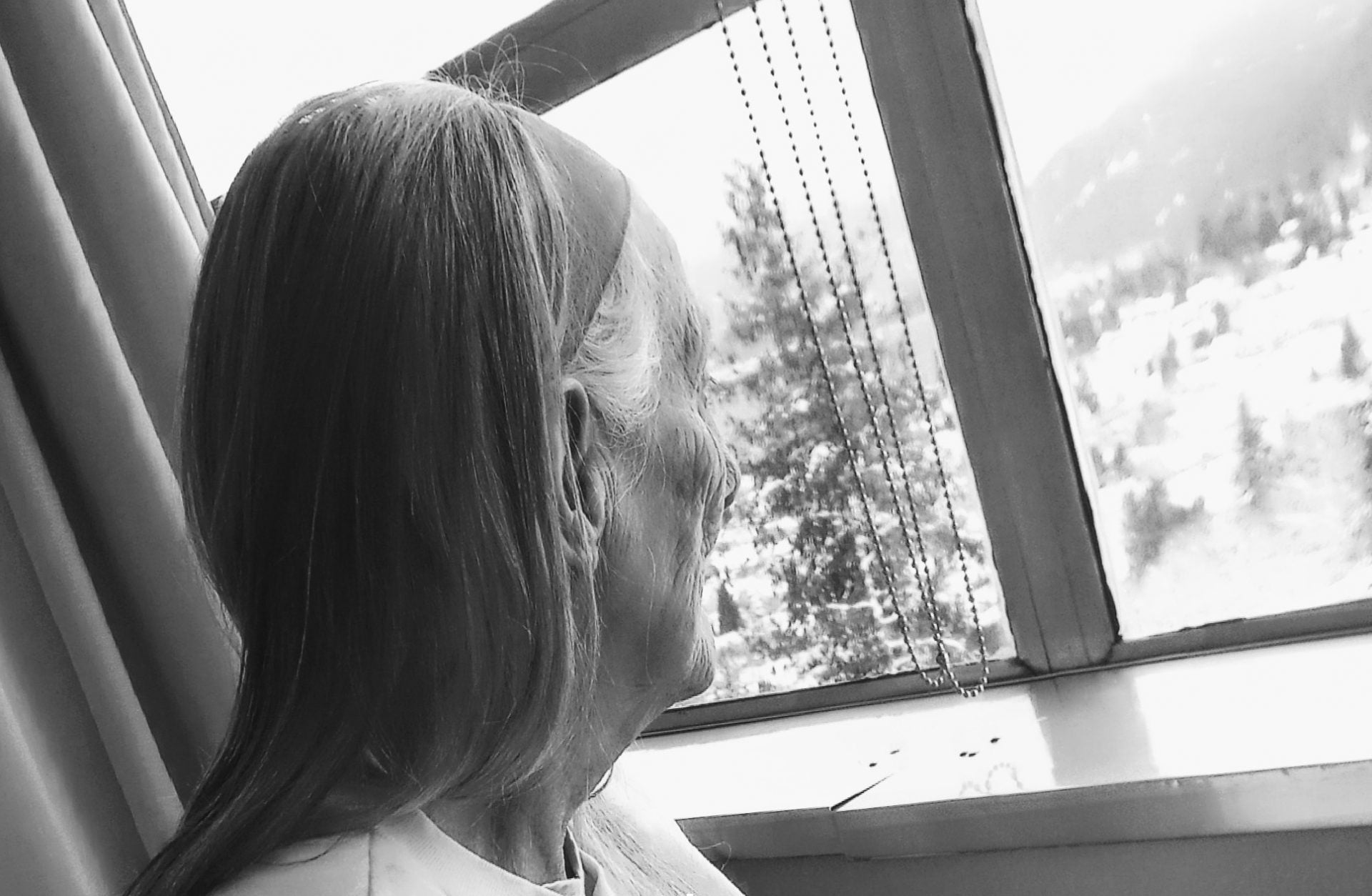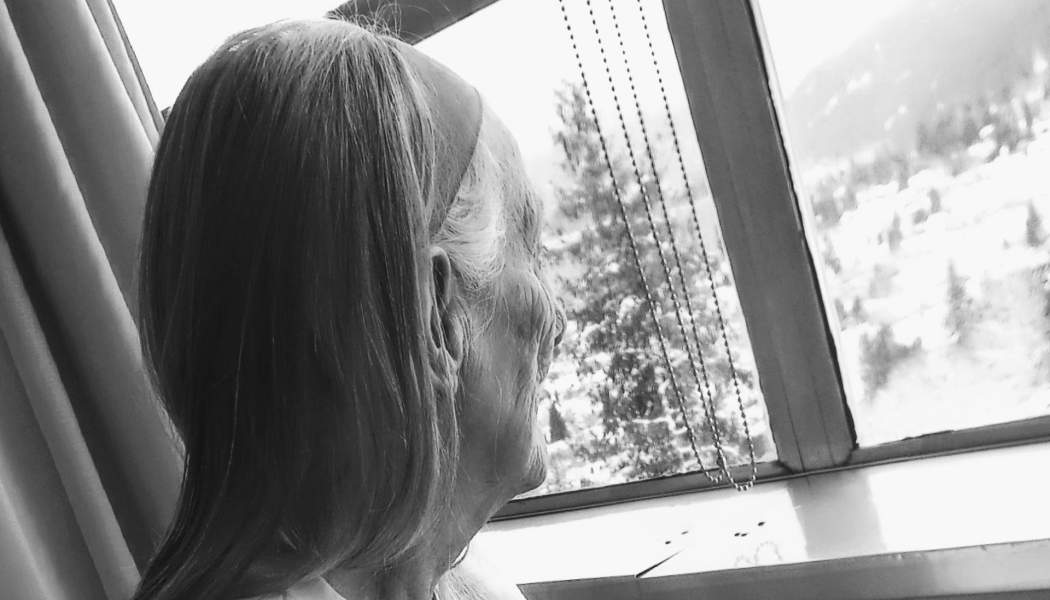In the film "Cast Away," Tom Hanks plays a business executive who crash-lands on a deserted island. He copes with years of social isolation in part by befriending a volleyball, which he names Wilson. Wilson becomes someone to confide in, to tell jokes to, and to even argue with. When Wilson is swept away in an ocean current, Hanks is devastated at the loss.
Many of us have had fantasies about living alone on a tropical island, far from the chaos and pressure of modern life. But research shows we would fare just as poorly as Tom Hanks in such isolated conditions.
Social isolation is a negative experience that includes painful feelings of not belonging and not feeling connected to others. It happens because there is a difference between the amount and quality of social relationships we want, and those that we actually have.
It’s a growing problem in Canada and one that’s particularly an issue in many communities in the Interior Health region.
Some researchers refer to the socially isolated as hidden citizens because it can be difficult to identify those who are experiencing it.
“Although people of any age can be socially isolated, seniors tend to be more at risk because many live alone, and, as people age, they may have smaller social networks and experience mobility issues,” says Shannon Paul-Jost, Gerontology Clinical Nurse Specialist.
These factors can be compounded for those living in rural or remote communities, where travel to other communities can be challenging and winter months can leave many feeling additionally isolated.
Health risks
Research has found that social isolation is associated with a number of health risks, including:
- increased chance of premature death
- lower general well-being
- depression
- disability from chronic diseases
- poor mental health
- reduced quality of life
- caregiver burden
- poor general health
Making improvements
Health and social organizations are working to improve social connections for these hidden citizens.
One such effort is a project led by the non-profit Kalein Centre in Nelson. CLICK! is an intergenerational program that connects high-school students and older adults in the Nelson community. Participants in the program discuss a variety of topics, including social isolation, resiliency and gratitude, and then take photos in their community that capture what they’ve learned.
“CLICK is the sound of a camera shutter releasing. It’s also that warm feeling you get when people truly connect. That’s what people are often missing in their lives in an age where communication technology can often isolate,” says Mike Stolte, Director of Dialogue and Education at Kalein.
Vicki Huva, a participant in CLICK!, says the program is a step in the right direction of creating a stronger connection between youth and elders in the community.
“What many people don’t realize is that you can become invisible as you age,” says Vicki. “That lack of connection hurts. Not everyone is fortunate enough to have that connection in their lives. People feel better when they feel they belong and these programs help to break down some of those barriers”.















